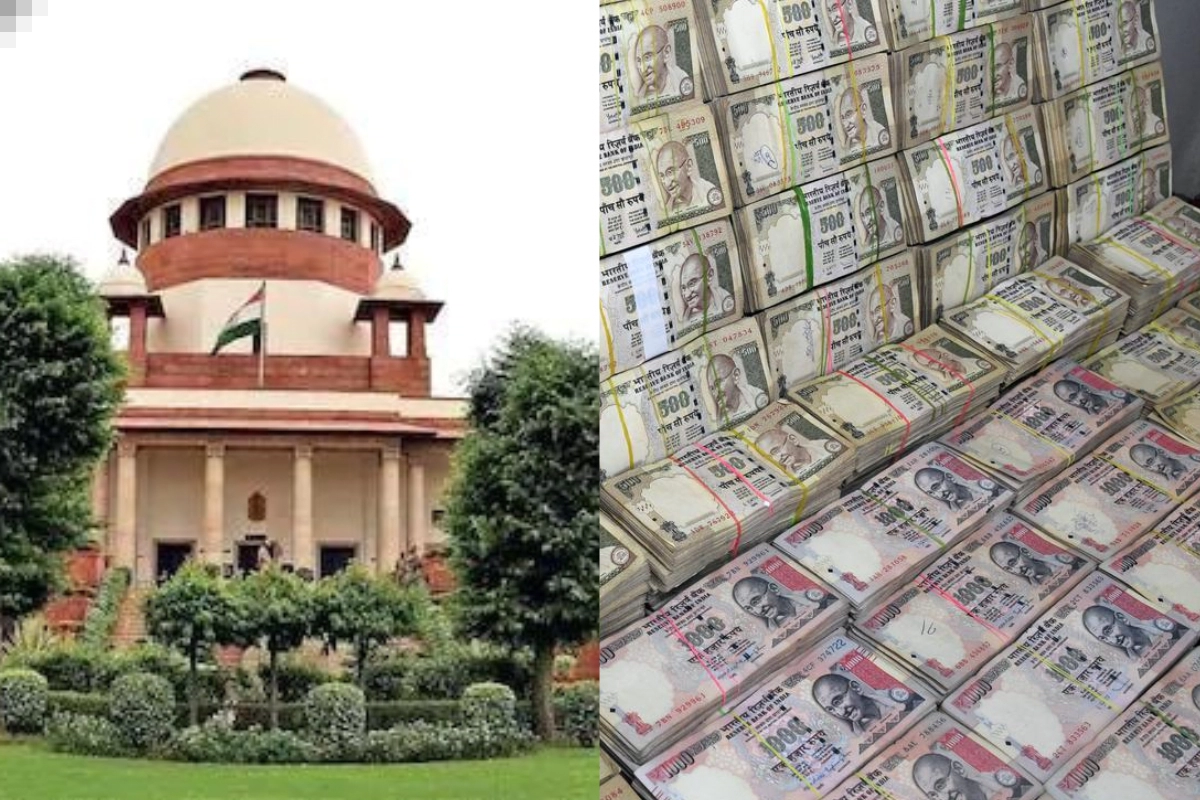Supreme Court: The Supreme Court rules that the 2016 demonetisation was legal. According to Justice B R Gavai, the Centre’s decision-making process cannot be defective because there was interaction between the RBI and the government.
Also Read: Ras Al Khaimah achieves two Guinness World Records with its New Year fireworks display| Watch here
2016 decision was legitimate and met the proportionality test
The Supreme Court has dismissed a slew of petitions contesting the Centre’s demonetisation decision from 2016. The Supreme Court ruled that the November 8, 2016 decision was legitimate and met the proportionality test. “It makes no difference whether the purpose is met or not,” said Supreme Court Justice B R Gavai regarding demonetisation. The Supreme Court issued its ruling today on a slew of petitions contesting the government’s 2016 move to demonetize currency notes in denominations of Rs 1,000 and Rs 500. A five-judge Constitution bench led by Justice S A Nazeer, who will retire on January 4, issued its decision on the petition on January 2, when the Supreme Court returns from its winter recess.
Also Read: Covid-19: Australia Joins Countries Imposing Restrictions on Chinese Visitors
There will be two different judgements in the matter
According to the highest court’s subject list, there will be two different judgements in the matter, which will be pronounced by Justices B R Gavai and B V Nagarathna. Justices A S Bopanna and V Ramasubramanian join Justices Nazeer, Gavai, and Nagarathna on the five-judge bench. On December 7, the Supreme Court instructed the Centre and the Reserve Bank of India (RBI) to record the necessary records relating to the government’s 2016 decision and reserved its ruling.
It heard arguments from Attorney General R Venkataramani, the counsel for the Reserve Bank of India, and the petitioners’ lawyers, including senior advocates P Chidambaram and Shyam Divan.
Chidambaram had stated that the elimination of the Rs 500 and Rs 1,000 currency notes was profoundly wrong, and that the government cannot undertake any proposal relating to legal tender on its own but must do so on the recommendation of the RBI’s central board.
Keep watching our YouTube Channel ‘DNP INDIA’. Also, please subscribe and follow us on FACEBOOK, INSTAGRAM, and TWITTER












